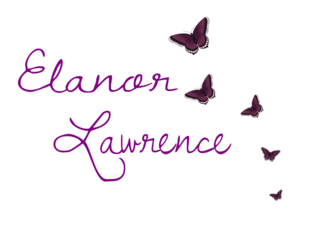 I plucked S. J. Kincaid’s Insignia off the library
shelf randomly the other day, was enticed by Veronica Roth’s blurb and the fact
that it was published by Harper Collins’ imprint Katherine Tegan, and then
proceeded to devour it in a few days (which is fast, considering that I’m
working full time).
I plucked S. J. Kincaid’s Insignia off the library
shelf randomly the other day, was enticed by Veronica Roth’s blurb and the fact
that it was published by Harper Collins’ imprint Katherine Tegan, and then
proceeded to devour it in a few days (which is fast, considering that I’m
working full time).
According to her blog, Kincaid apparently wrote something
like eight novels before finding a publisher for Insignia. There’s
always something a little sad about trunked novels, but with Insignia
all the experience definitely paid off. It has the freshness and unassuming
tone of a first novel, but with the structure of a bestseller, which I really
hope it was.
Firstly, I loved the opening line: New town, new
casino—same old plan.
I love this because it’s so perfectly concise. We have
seven words—seven—and we understand exactly what Tom’s life has been like and
what it seems like it’ll continue to be. Kincaid didn’t need to go on for a few
paragraphs about how Tom journeyed from casino to casino, beating people in the
Virtual Reality parlours. Instead, she gives us one fantastic sentence and then
shows us, in a well constructed scene, the sort of life Tom leads.
The entire novel fits together like a puzzle. Every scene
has a point. There’s always something to be gained or lost. There were never
any extra details that just sorta got left behind.
That was the most impressive bit: everything tied in with
everything else. Little details at the beginning of the story ended up relating
to major plot points near the end. Certain scenes that seemed a little useless
early on became necessary to later scenes. Eventually, whenever something
seemed to be a little extra, I started watching for it to crop up again, and it
always did.
All in all, I loved Insignia for its characters,
and its plot, and its ideas, but I was most impressed by Kincaid’s structure.
I’d definitely recommend the book to any sci-fi/dystopian fans, and to any YA
writers in general who want to create intricate and interconnecting plot lines.



